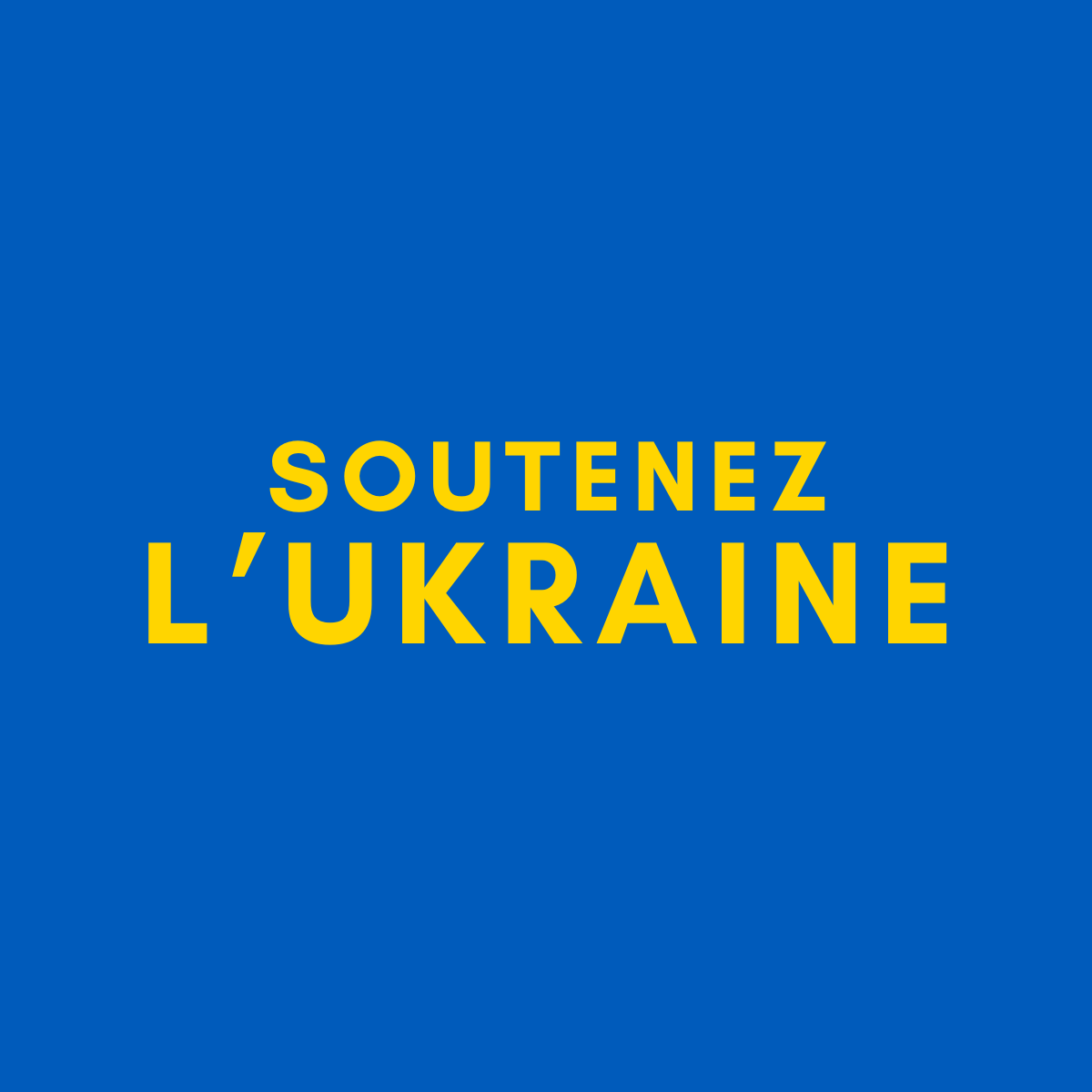Europe


Opinion column published in Libération on 21 July 2025, under the title " In the face of American cynicism, Europe can still overcome its wait-and-see attitude to avoid a deadly summer in Ukraine "
Trump's change of heart on arms deliveries is welcome, but the delay granted to Putin paves the way for a deadly offensive by Russian forces all summer long. While Europe slumbers on holiday, how can we help Ukraine to resist?
The American President has now announced the resumption of arms deliveries - in particular the Patriot systems so cruelly needed to protect cities and civilians - via a "Cash and Carry" system: Europe pays, America produces, delivers and collects, and Ukraine receives. But this shift masks a disturbing reality.
There is a deadly trap lurking behind this offer. By giving the Kremlin 50 days to establish a ceasefire, Trump is giving it exactly the time it needs to carry out its summer offensive. While Europeans prepare to go on holiday, Moscow's carnivores, backed up by 30,000 North Korean soldiers, are redoubling their voracity. The Russian economy is faltering, but Putin wants a military victory before the sanctions overwhelm him, in order to discourage the allies in Kyiv.
The contradiction is glaring. On 13 July, Emmanuel Macron told the French armed forces that "Russia is an existential threat to our freedom". He announced that the defence budget would be doubled to €64 billion by 2027. But what logic would there be in building a European defence that did not include the Ukrainian army, the most experienced in fire and the most innovative on the continent? What logic would there be in invoking an existential threat while refusing to take measures that would quickly and cheaply avert it in Ukraine?
Because these solutions do exist, they are legally sound, militarily effective and can be applied immediately. They wouldn't ruin our budgets, they wouldn't permanently deplete our arsenals, and they wouldn't recklessly risk the lives of our soldiers.
Ukraine's air defence must be strengthened as quickly as possible. Drawing on European stocks of Patriot and SAMP/T batteries to protect cities and energy installations would not compromise our security. Germany has already taken this step.
Activating the Skyshield plan would make it possible to ban Russian missiles and drones from Ukrainian skies without direct confrontation with the aggressor. Around 120 European fighter jets based at NATO bases in neighbouring countries would be enough to protect half the country's airspace, including its capital and nuclear power stations.
Confiscating the 210 billion euros worth of Russian assets placed in European escrow is essential to finance the protection and reconstruction of Ukraine. International law authorises this as a "countermeasure" in the event of aggression.
In addition, economic sanctions must be strengthened and enforced, by tracking down the oil tankers in Moscow's "phantom fleet", closing the Baltic straits to it, and halting purchases of liquefied gas and uranium. The Russian economy, on the brink of recession, would not be able to withstand the drying up of its energy revenues.
A European surveillance contingent could be sent to guard the Belarusian border, leaving Ukrainian brigades free to redeploy on the eastern front.
Finally, it is important to care about people. So-called "realists" are alarmed by the "escalation", as if it were the work of the defenders of a nation under attack. These good spirits preach the abandonment of territory, whereas the Russian invasion is aimed not just at the annexation of Ukraine but at the total destruction of the identity of a people who have chosen freely to determine their own destiny.
As Oleksandra Matviichuk, President of the Kyiv Centre for Civil Liberties and winner of the Nobel Peace Prize, repeats, these are children deported to Russia, civilians illegally detained, prisoners of war subjected to torture and sexual violence, and millions of people living in grey areas. "People first", she adds. "If we neglect this human dimension, we will never find the path to lasting peace.
This summer will be decisive. Putin is banking on Western fatigue and the anaesthetic effect of holidays to achieve his breakthrough. Faced with this strategy, Europe cannot simply acknowledge the threat: it must act. As General Burkhard, Chief of Staff of the French armed forces, pointed out, "Europe's security is at stake in Ukraine". If the outcome were a Russian victory, "we would become herbivores in a carnivorous world". This strategic lucidity must be translated into political action.
The reprieve offered to Putin by Trump means that Europe must grasp the urgency of the moment and act without delay. In 50 days' time, if Putin succeeds in his summer offensive, it will be too late. Ukraine will have paid the price for our hesitations, dragging back the very idea of a free and sovereign Europe.
Europe's leaders can still make history by forging a genuine coalition of the willing, not a league of the faint-hearted. This is a matter of life and death for Ukraine, its people, its language and its culture. It is also an existential test for Europe, which sees itself as an area of law and democracy. Europe stands alone, and it must acknowledge this and rise to the challenge of its destiny.
Ukraine is defending Europe against Russia. But who will protect Europe from its own wait-and-see attitude, when every day counts?
Galia Ackermaneditorial director of Desk Russia
Vincent DesportesGeneral of the Army (2S)
Antoine Garaponmagistrate
Ariane Mnouchkinefounder and director of the Théâtre du Soleil
Véronique Nahoum-Grappe, anthropologist
Pierre Raiman, historian, Vice-President of For Ukraine, for their freedom and ours!
Sylvie Rollet, Emeritus University Professor, President of For Ukraine, for their freedom and ours!
Dominique Schnapperformer member of the Constitutional Council
Olivier Védrinepolitical scientist, administrator of the Jean Monnet Association
Emmanuel Wallon, Emeritus university professor of political sociology